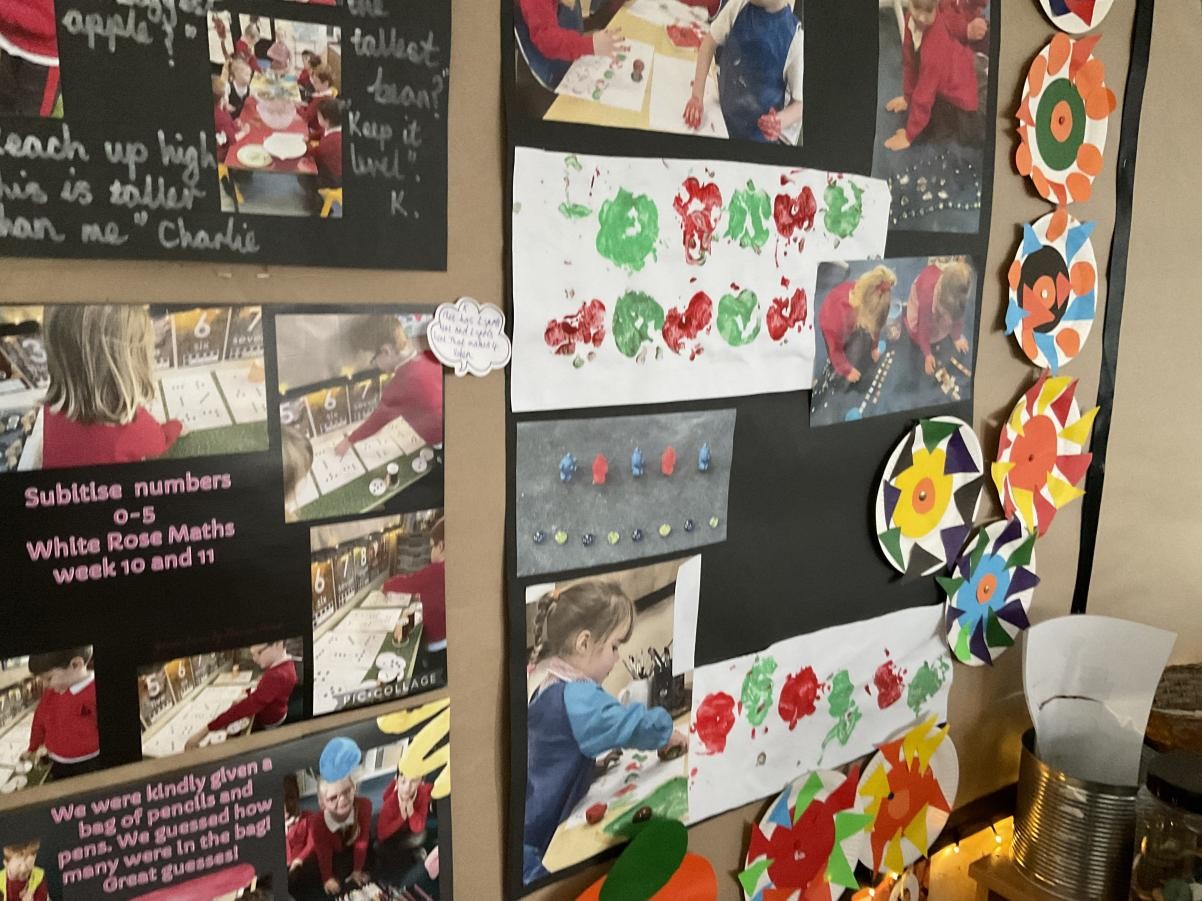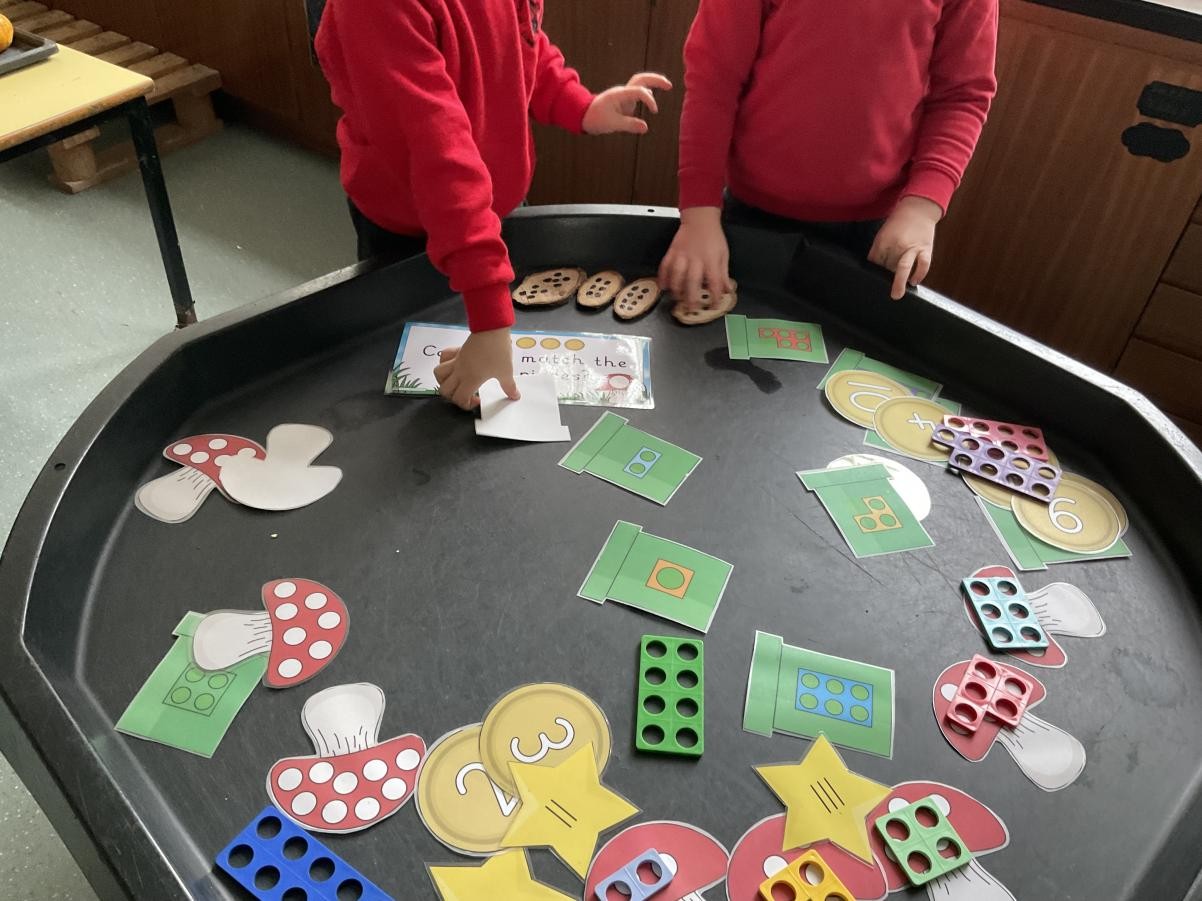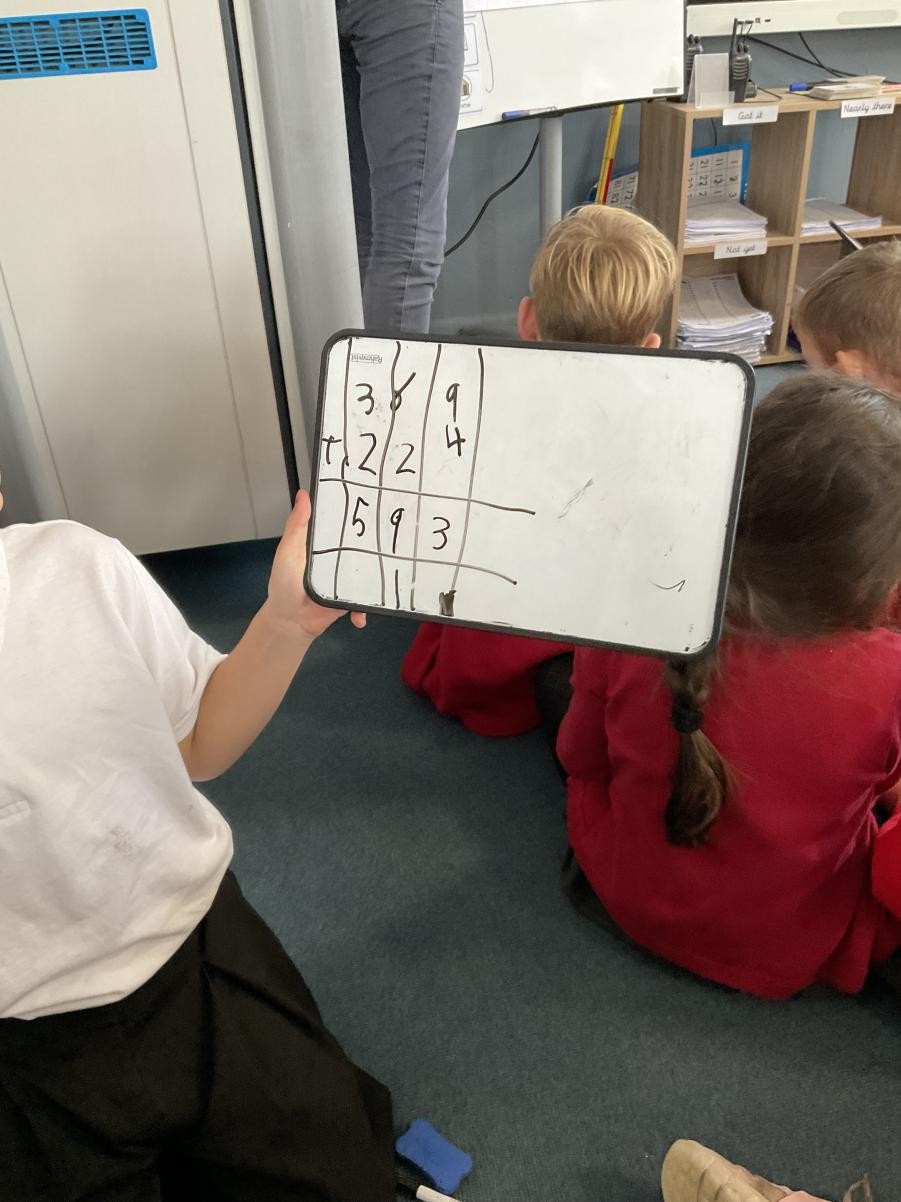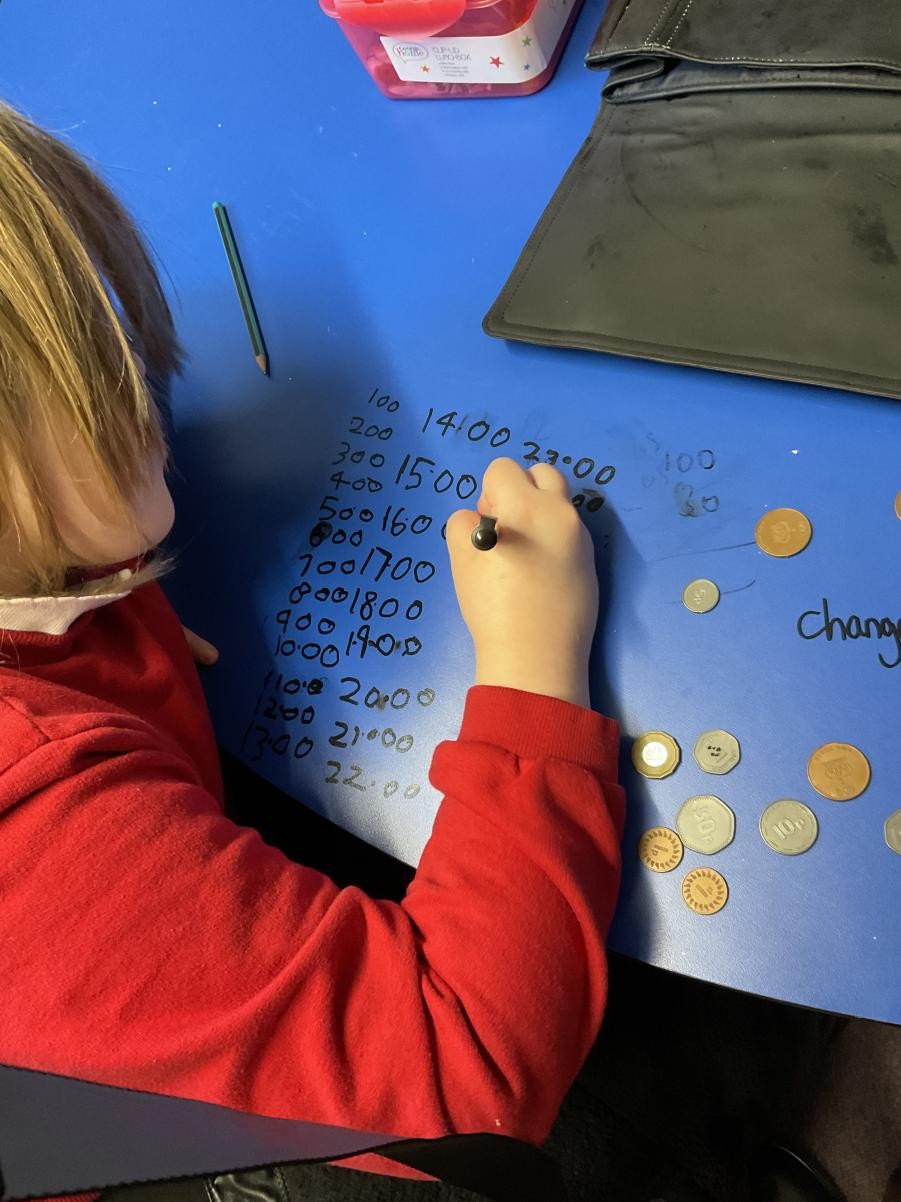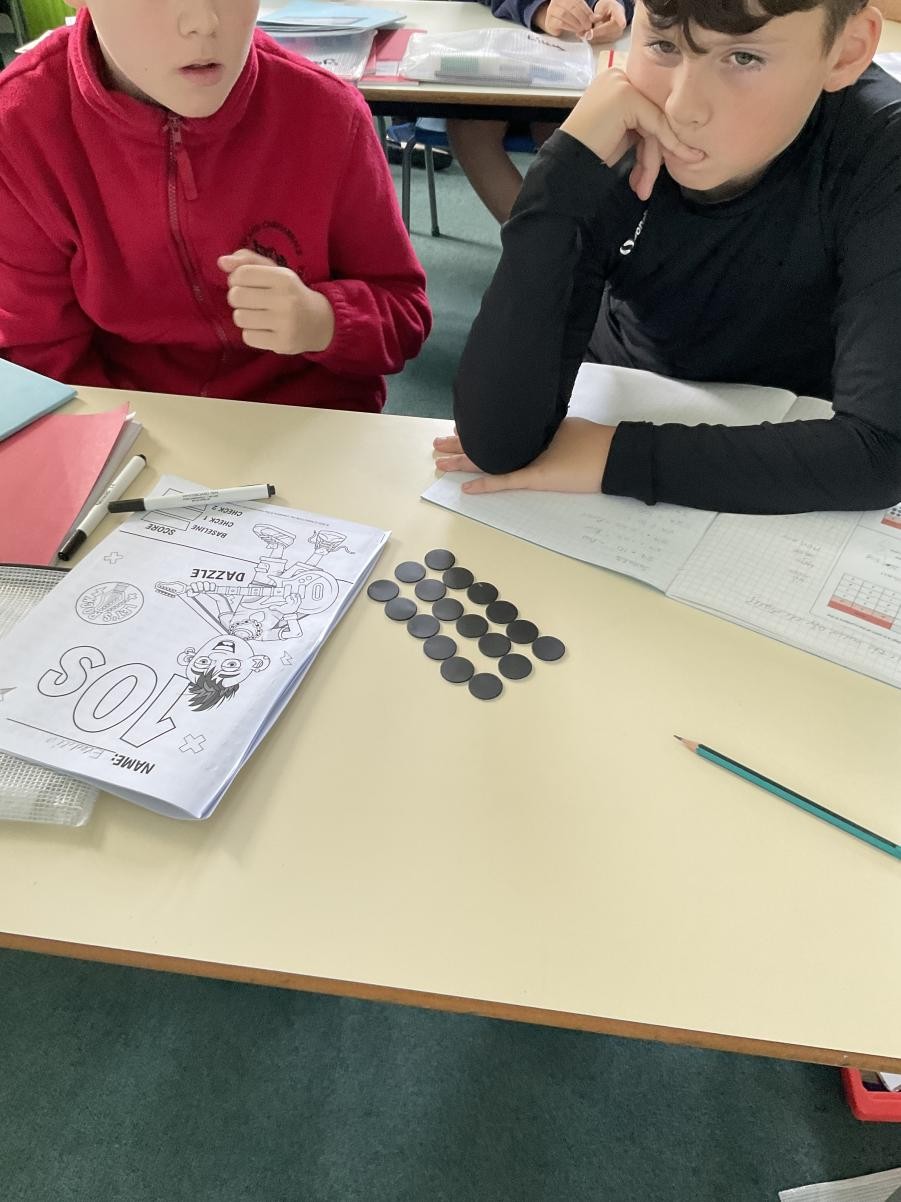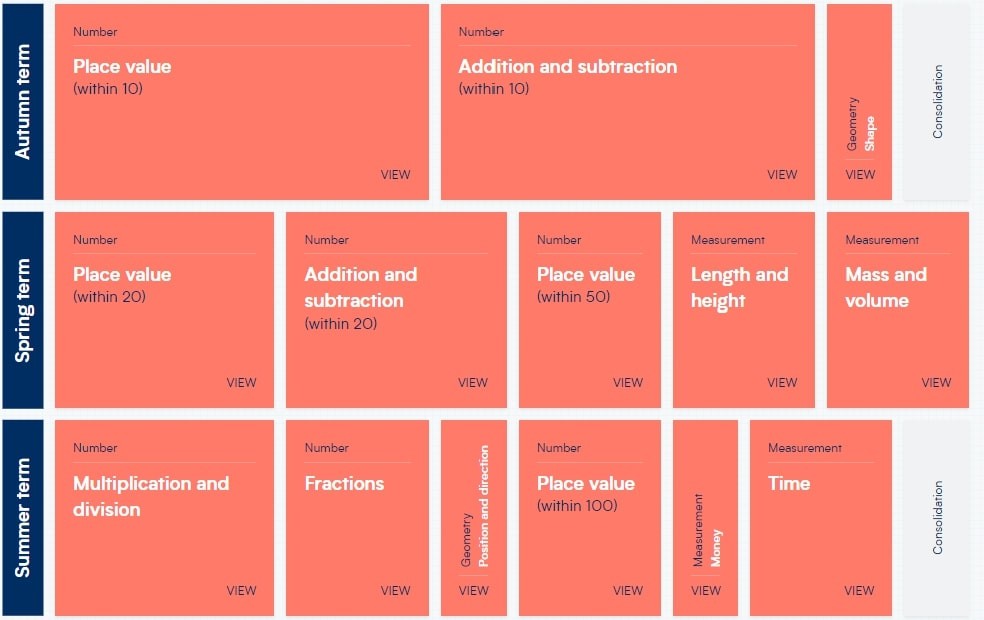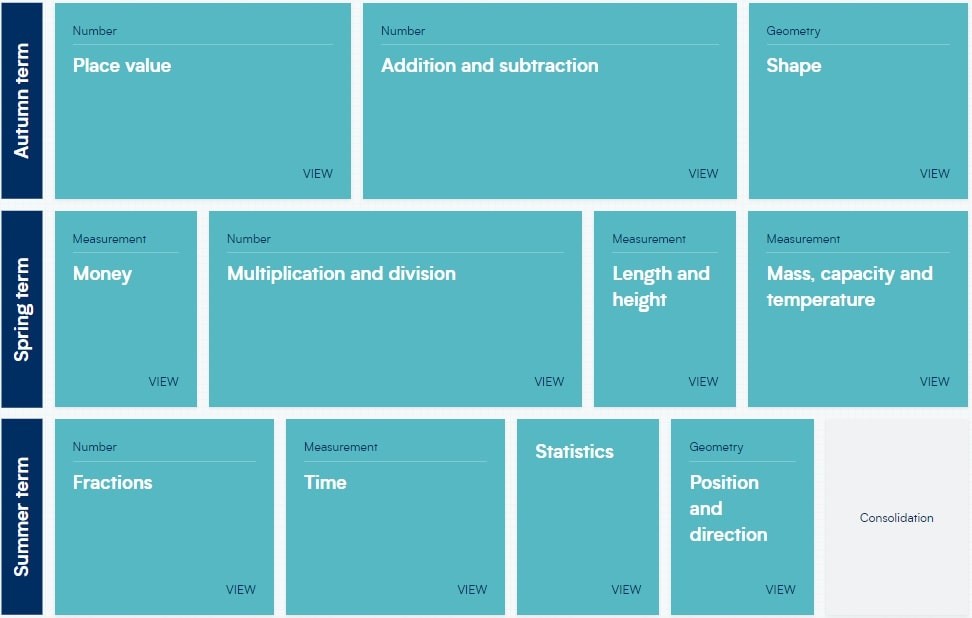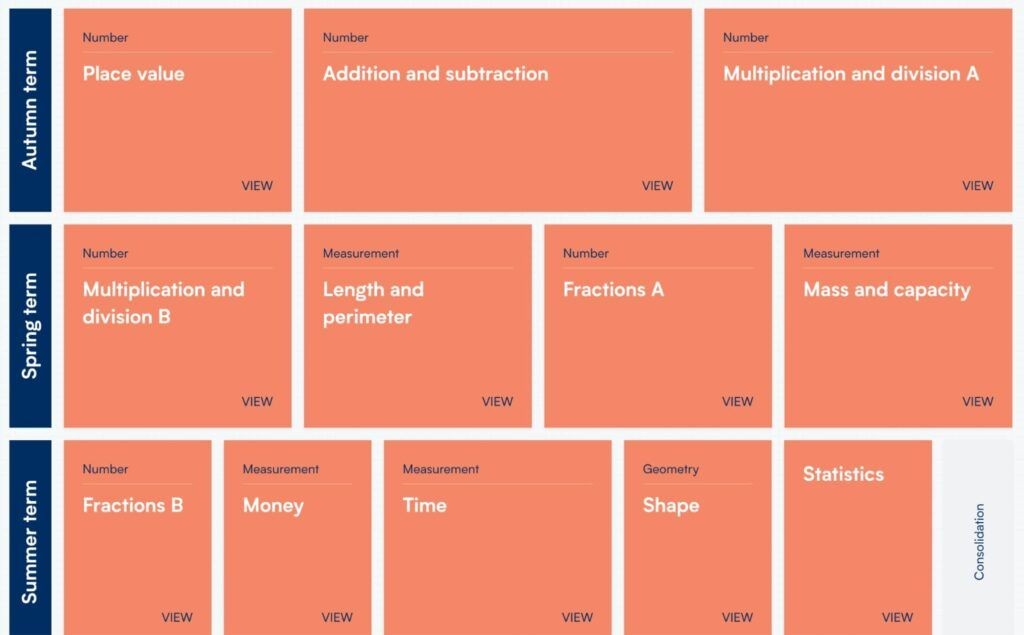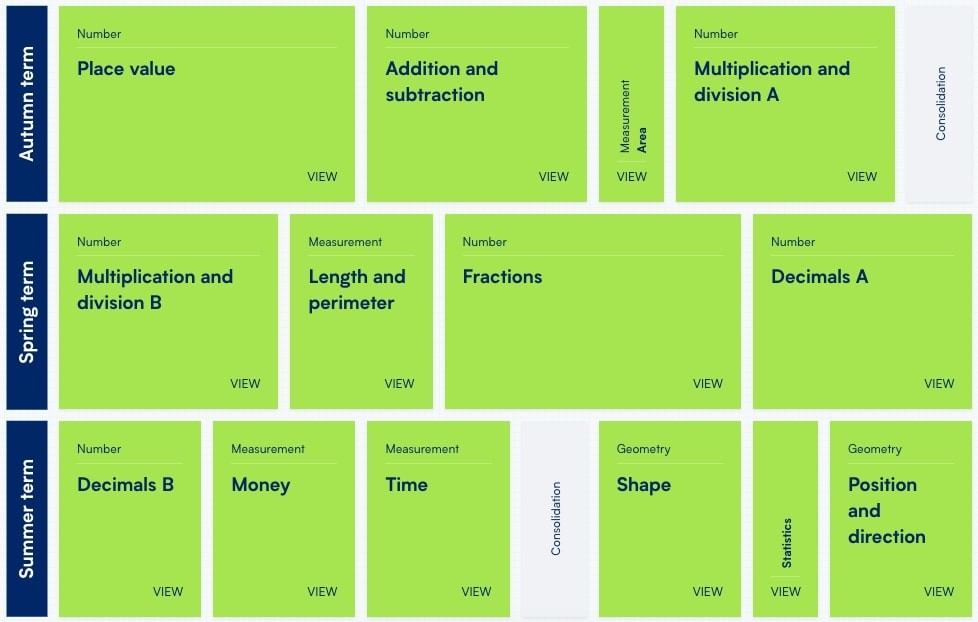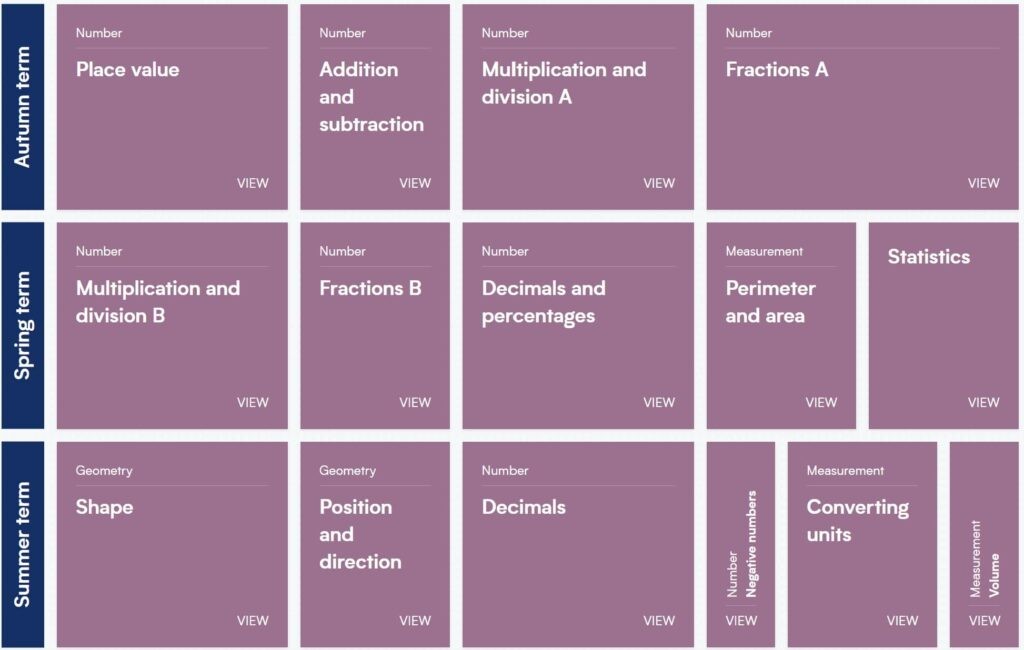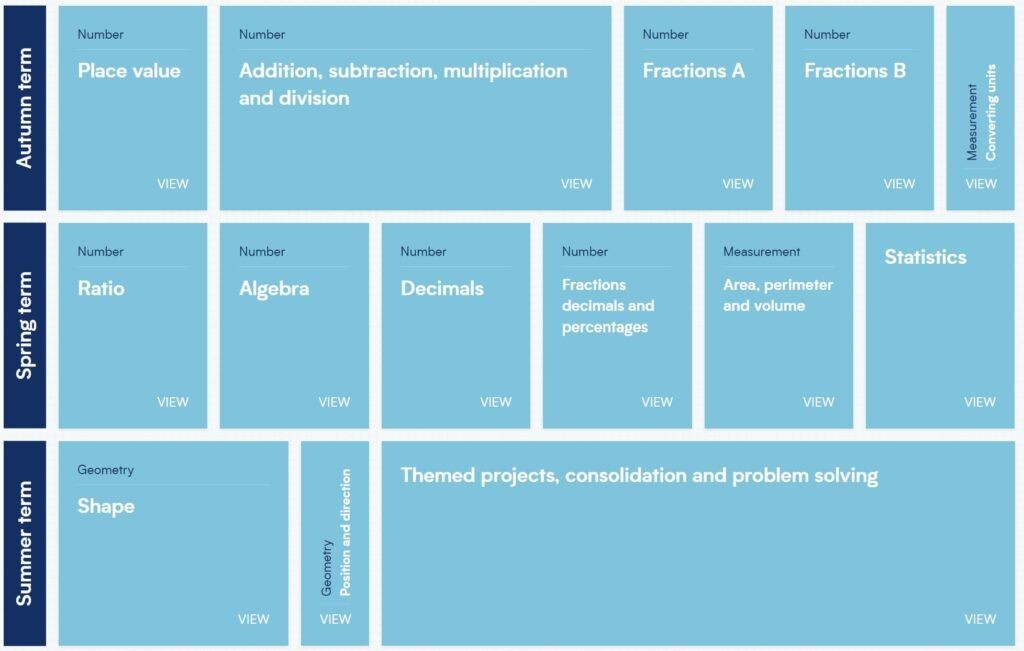Maths Curriculum Intent Statement
At St Day & Carharrack, we are driving towards a love and understanding of Mathematics. We want children to recognise that mathematics is a beautiful subject; as such it has its own unique place in the curriculum of our school.
We aim to provide pupils with a range of ways to describe, analyse and solve problems. The key intentions of St Day and Carharrack school's Mastery Curriculum are that pupils experience a sense of awe and wonder as they engage in mathematics, discover exciting solutions,make links and enjoy the different areas of mathematics so all children excel regardless of their starting point.
At St Day and Carharrack school we believe that:
- the basic skills of mathematics are vital for the life opportunities and successful futures of our children in the global world
- mathematics develops the mind and those highly valued cognitive skills
- every child should see themselves as a mathematician
As such,we intend to:
- foster positive attitudes, fascination and excitement of discovery through the teaching and learning of mathematical concepts
- develop a ‘can do’ attitude in our children by demonstrating a confident attitude towards tackling problems both in and out of the classroom
- broaden children’s knowledge and understanding of how mathematics is used in the wider world
- enable our pupils to use and understand mathematical language and recognise its importance as a language for communication and thinking
The National Curriculum for mathematics aims to ensure that all pupils:
- become fluent in the fundamentals of mathematics, including through varied and frequent practice with increasingly complex problems over time, so that pupils develop conceptual understanding and the ability to recall and apply knowledge rapidly and accurately.
- reason mathematically by following a line of enquiry, conjecturing relationships and generalisations, and developing an argument, justification or proof using mathematical language
- can solve problems by applying their mathematics to a variety of routine and non-routine problems with increasing sophistication, including breaking down problems into a series of simpler steps and persevering in seeking solutions.
At St Day & Carharrack School, we have a very secure understanding of what ‘mastery’ is and how it looks in our lessons, books and ultimately in the children themselves. The three aims of the National Curriculum are addressed every day (not just in the maths lesson):
Fluency – Reasoning – Problem Solving.
By placing opportunities for rapid recall of number facts, calculation, reasoning and problem solving in to series of lessons, we ensure that secure links are made and that prior knowledge is being tested and challenged throughout. This allows our learners to develop a deep and lasting understanding of maths.
Through continuous, reflective training the teachers continue to improve their understanding and implementation of the maths curriculum.
Coherence
Teaching is designed to enable a coherent learning progression through the curriculum, providing access for all pupils to develop a deep and connected understanding of mathematics that they can apply in a range of contexts.
Mathematical thinking
Mathematical thinking is central to how pupils learn mathematics and includes looking for patterns and relationships, making connections, conjecturing, reasoning, and generalising. Pupils should actively engage in mathematical thinking in all lessons, communicating their ideas using precise mathematical language.
Fluency
Efficient, accurate recall of key number facts and procedures is essential for fluency, freeing pupils’ minds to think deeply about concepts and problems, but fluency demands more than this. It requires pupils to have the flexibility to move between different contexts and representations of mathematics, to recognise relationships and make connections, and to choose appropriate methods and strategies to solve problems.
Variation
The purpose of variation is to draw closer attention to a key feature of a mathematical concept or structure through varying some elements while keeping others constant
Children with SEND and Maths
At St Day and Carharrack, we believe all children are mathematicians and use a 'keep up, not catch up’ inclusive approach for all and in particular our children with SEND. Aside from bespoke lesson adaptation, we will offer additional help to our children with SEND which will include pre-teaching and same-day interventions. This support will give, vital additional opportunities to review and practise core knowledge for pupils who are working well below age-related expectations and or present with a specific learning difference around maths.
The National Curriculum 2013 - Maths
Teachers use a range of rich planning tools; including White Rose Maths and the NCTEM. This allows for the progression of skills to build over time which is evident across the school.


